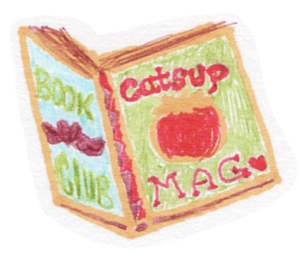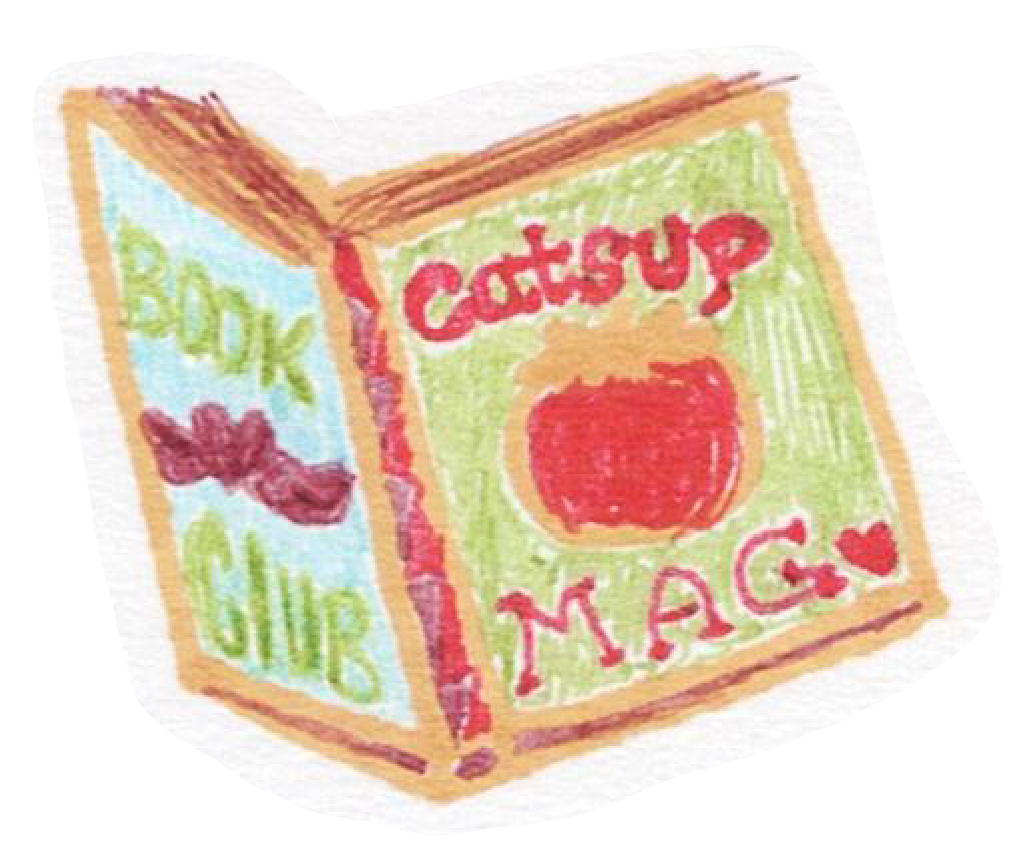Japanese author Kiyoko Murata’s “A Woman of Pleasure” is her first full-length story to be translated into English from Counterpoint Press. Translated by Juliet Winters Carpenter, the English version was published just earlier this year in February (Goodreads).
Translation matters!
So eleven years after the original book was published, English readers and listeners are able to appreciate Murata’s telling of a turn of the 20th century brothel’s complex girls and women in 1903. SPOILER/NOT-SPOILER-BECAUSE-THE-BLURB-SAYS-IT-BUT-I-WOULD-HAVE-NOT-KNOWN-AND-BEEN-PLEASANTLY-SURPRISED:
Read the publisher’s blurb here if you used to read the ending of a book to dictate if it was worth reading as a child. <3
I chose to listen to the audiobook which is voiced by Susan Momoko Hingley. The written version surely captures protagonist Aoi Ichi’s poetry better through the character’s imperfect writing, but audio listeners need not worry too much as Hingley narrates the book beautifully meeting Ichi’s written inflection.
The book is a cold open with main character Aoi Ichi’s brothel examination. She is forced to assimilate within the brothel’s bodily and performance standards including no longer using her native language and forced to speak and write in another language. In a world where the word “feminist” doesn’t yet exist, Ichi shows herself to be one with her way of being. The lectures the girls and women receive, sexual training and discomfort is delivered so organically, you only know it’s a thriller because of the context (thank goodness you’re not Ichi, but if you were you would manage).
As a self-taught English speaker, Ichi’s naiveness and tenacity to hold on to her culture while adapting past obstacles which are presented plainly as day-to-day life in the brothel, is relatable on a parallel level almost painfully. This book is a thriller because you know it’s fucked up. But the the way the story is told doesn’t have forlorn music leading to the jump scare. The book happens and you’re not sure if it’s going to be uncomfortable or not due to Ichi’s perspective.
Very grateful this book has been translated as it has been enjoyable thanks to Murata’s writing as Ichi, but as I learned, Kiyoko Murata’s writing has been around, her works just hadn’t been translated. After beginning this book and reading about Murata, I want to take in more of her writing.
Who’s more “free”? A sex worker or wife who must provide for her family?
Amongst the 320-page piece of feminist literature, there is an interesting exchange between two types of sex workers regarding who is more free: a woman sold to sex slavery by her family who has free time after her customer(s) leave, or a wife with a family who is tied down to their needs before hers?

Catsup Editor’s P.S. note: I read the modern-day equivalent of this exact conversation on the platform formally known as Twitter around 2018 concerning the explosion of OnlyFans accounts as a way of income. Person A was a sex worker, and Person B was not nor were they supportive of the career that doesn’t affect them. The back and forths they mentioned included being tied down to one’s family, another not being forced to touch someone they don’t actually want to—it was a deep reflection of these two people’s personal beliefs about freedom, autonomy, social impositions, and financial freedom.
This book provokes so many questions and explores positions of power, exploitation, and sexual reclamation.

